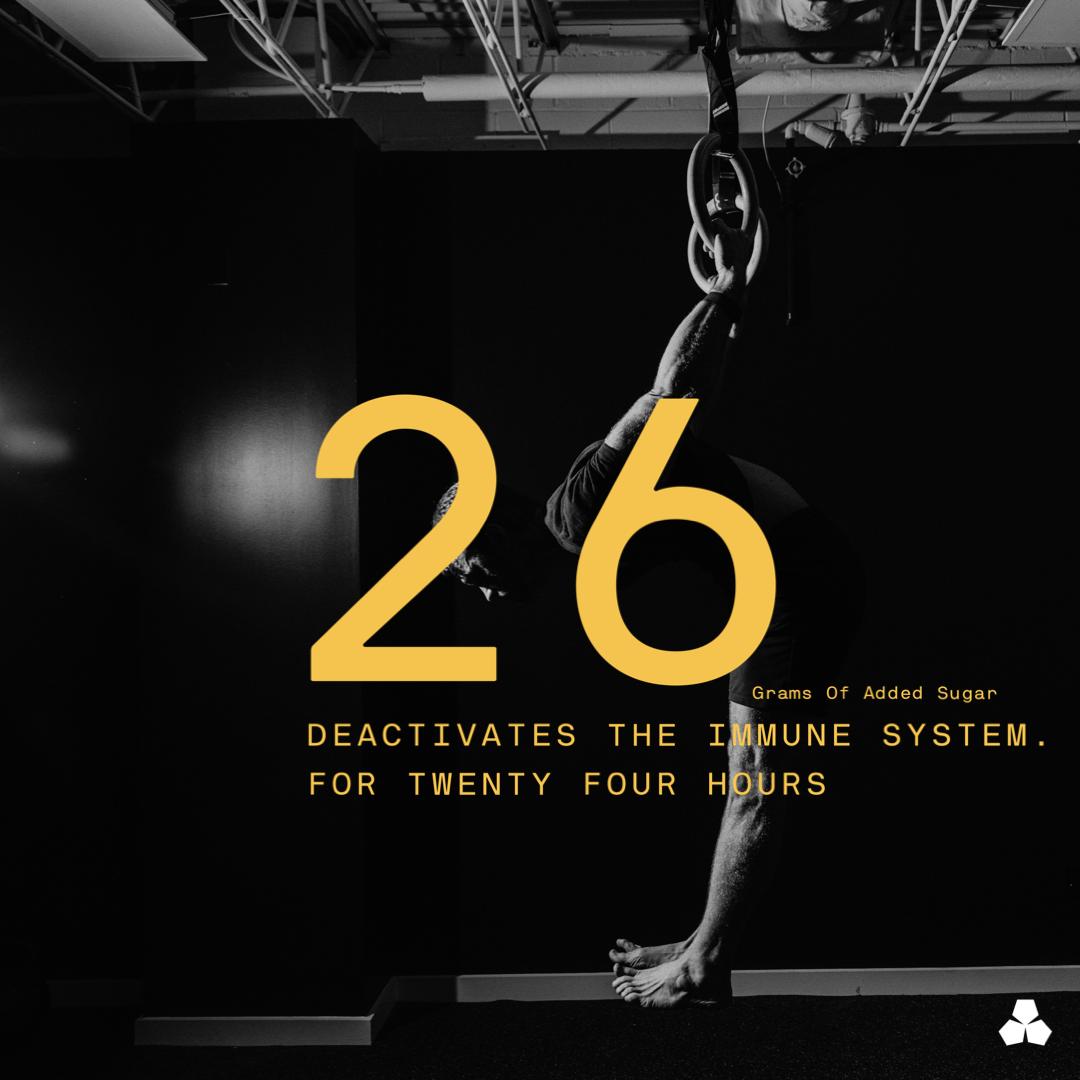As we return from the Thanksgiving holiday, it seems like a good time to cover a topic with which I’d bet a good number of our patients had intimate dealings—gastric reflux.
Most everybody has dealt with reflux at some point in their lives and has experienced the discomfort that usually accompanies it. The symptoms people typically describe are a feeling of heaviness in the chest, sour stomach, burning in the back of the throat, and actual regurgitation of some of the stomach contents. It’s very unpleasant—especially the burning in the back of the throat.
The conventional approach to this situation is to assume that there is too much acid in the stomach. This is typically addressed by either taking over the counter antacids, which neutralize stomach acid, or by taking proton pump inhibitors (PPI’s), which limit the amount of stomach acid you produce. Either way, conventional wisdom leads to measures to reduce stomach acid.
Common side effects of PPIs
History has shown time and time again that there is always a trade off when you alter a natural body process. In this case, losing your stomach acid (let’s call it HCl for hydrochloric acid from here on out) compromises several vital body processes. PPI’s have been linked to metabolic issues, immune deficiency, osteopenia, muscle wasting, and vitamin deficiency. Just take a look at the list of side effects I found from a quick Google search. This is the first search result. It’s Wikipedia, but the other results are very similar. Here is what you are exchanging reflux for:
“Common adverse effects include headache, nausea, diarrhea, abdominal pain, fatigue, and dizziness. Infrequent adverse effects include rash, itch, flatulence, constipation, anxiety, and depression. Also infrequently, PPI use may be associated with occurrence of myopathies, including the serious reaction rhabdomyolysis.”
The next list included fractures, infection, kidney disease, and vomiting, but I digress. Long list, huh? Let me explain some of what’s going on here. HCl is an upstream role in many body processes, largely because it is one of the first components of the digestive system that food encounters. Produced in the stomach, HCl is responsible for breaking down food and activating several enzymes. When food is not broken down completely, vital vitamins and minerals are not extracted. Now we have nutritional deficiency: osteoporosis and fractures in the case of calcium, vitamin D, and magnesium. Decreased vitamin D and magnesium can also lead to insomnia, depression, restless leg syndrome, on and on. Fatigue and Neuromuscular defects come from a decreased activation of the molecule that carries B12 across the intestinal lining.
HCl is also an early player in the body’s immune defense, as it kills microbes that sneak in with your food. Decreased HCl means happy invasive microbes, or rather, increased risk of infection.
Now you can see how altering one simple thing in your body can cause a cascade of downstream effects. Limiting HCl is not a perfect answer.
Reflux from too little HCl?
Now, in my best Matrix voice, I ask: what if I told you that your reflux could be a result of TOO LITTLE stomach acid? It’s quite possible, and quite common. The reason too little HCl may be the culprit is that the valve that separates your stomach from your esophagus—the cardiac sphincter—uses the presence of HCl as a signal to close. If there is little or no HCl in the stomach then the cardiac sphincter will remain open, allowing the stomach contents to make their way up the esophagus.
So how do you know if this applies to your reflux? Taking PPI’s or antacid and still getting reflux? This may be your problem. Even if your reflux symptoms are better, you still may fall into this category. One way to easily test is to buy a supplement called Betaine HCl. It’s basically the same stuff we’ve been talking about. Wait till a convenient time to do this because if the test is negative you’re likely going to have reflux or make your reflux worse temporarily.
Here’s what you do:
Wait till you have a bout of reflux. Take a serving (follow the bottle dosage instructions) of Betaine HCl. If the reflux worsens (should be pretty quick) then congrats! You have enough or possibly too much stomach acid. In this case you need to talk with your healthcare provider about why your body is doing this. Common causes are stress, poor diet choices, hiatal hernia, certain hormonal issues, or medication side effects.
If it gets better then you probably don’t have enough HCl. In this case it’s preferable that you try to figure out why this is happening. The most common reasons are age (>65), high stress, gastric bypass, and H.pylori infection. Once you rule out external and / controllable causes, you can supplement your diet with this same Betaine HCl, or better yet, take a digestive enzyme supplement that has Betaine HCl in it.
As always, consult your primary care provider before discontinuing any prescribed medications. That being said, if you can manage your reflux with a safe and natural supplement instead of a PPI or antacid your body will thank you in so many ways.




